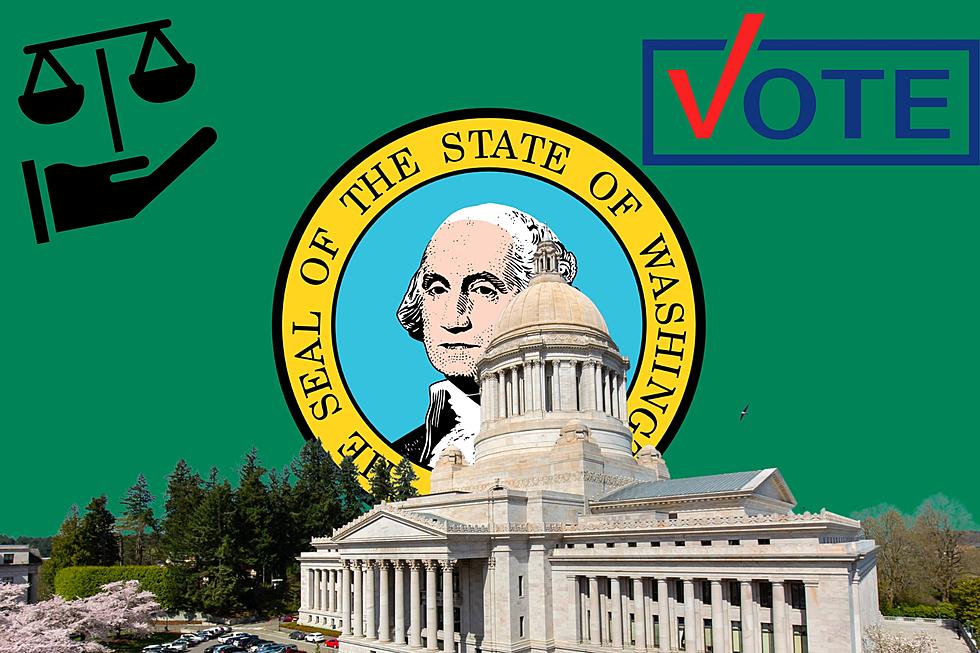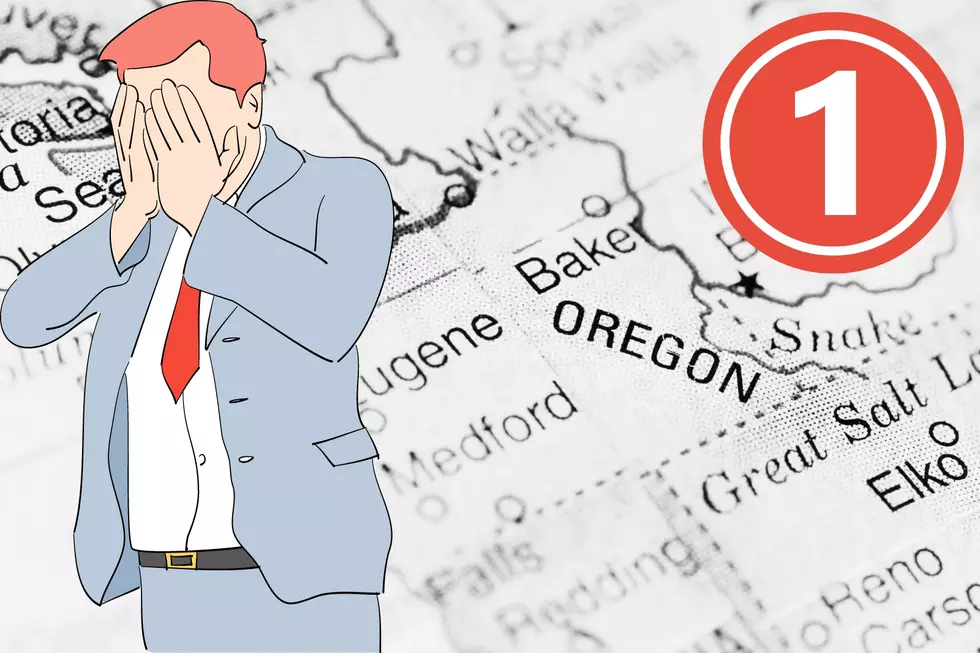
Key Milestones And Topics Emerging To Shape Policies In Washington State
As the legislative session unfolds in Washington state, it is essential to be acquainted with the critical milestones and major topics that will shape the course of policymaking in the coming weeks. The current 60-day session, known for its compressed calendar, demands swift decision-making and collaboration to address many issues.
Floor Cutoff Deadline
Today, February 13th, marks the "floor cutoff," a pivotal deadline for the Senate to pass Senate bills and the House to pass House bills (excluding those essential for budget implementation). Following this deadline, attention will shift back to committee meetings, where Senate-approved bills will be scrutinized by House committees, and vice versa.
The question is asked what are the major session topics that are being discussed? In this abbreviated session, the focus is on updating the operating, transportation, and capital budgets for the 2023-2025 period. While no major changes are anticipated, legislators aim for modest updates to ensure fiscal responsibility.
Initiatives to Legislature
Various citizen-driven initiatives have been presented to the legislature. The fate of these measures depends on whether they are approved as presented or if alternatives are proposed, leading to a statewide vote in the latter case. These measures include:
- The capital gains tax (Passed by the 2021 Washington State Legislature, ESSB 5096 (RCW 82.87) created a 7% tax on any gain in excess of $250,000 in a calendar year from the sale or exchange of certain long-term capital assets such as stocks, bonds, business interests, or other investments and tangible assets.)
- Climate Commitment Act (In 2021, the Washington Legislature passed the Climate Commitment Act (or CCA) which establishes a comprehensive, market-based program to reduce carbon pollution and achieve the greenhouse gas limits set in state law.)
- Police pursuits (The proposal allows police to pursue vehicles if there's a reasonable suspicion of a law violation, a need to identify or apprehend the person, a perceived threat to public safety, justifiable pursuit risks, and supervisor authorization.)
- Long-term care (Washington was the first state in the nation to develop a long-term care payroll tax to help fund a long-term care program. Known as the Washington Cares Fund, the program (RCW chapter 50B. 04) will be funded with a 0.58 percent payroll tax on all employee wages, beginning July 1, 2023).

Additional initiatives include:
- Special Education Funding: Acknowledging the constitutional duty to provide ample funding to the educational system, the legislature is actively considering measures to support school districts grappling with the rising costs of special education staffing and compliance.
- Transportation Cost Escalations: The "Move Ahead Washington" transportation investment plan faces challenges due to inflation, staffing shortages, and supply chain issues, resulting in significant cost escalations. Legislators are exploring solutions for supplemental funding and timely project completion.
- Capital Gains Tax Revenues: The 2021-approved capital gains tax, generating unexpected revenues of nearly $900 million in its first year, prompts legislators to deliberate on how to allocate the excess funds, particularly the additional $400 million collected beyond projections.
- Climate Commitment Act: The Climate Commitment Act, established in 2021 to limit greenhouse gas emissions, has surpassed revenue forecasts, raising questions about the allocation of excess auction revenues and its impact on gas prices.
How to Stay Informed
For those keen on following legislative activities, the official website www.leg.wa.gov offers comprehensive resources, including floor calendars, committee schedules, bill tracking services, roll call votes, and official agendas. Additionally, Television Washington (TVW.org) provides live coverage of committee hearings and floor debates.
For specific information, the Legislative Hotline at 1-800-562-6000 is a valuable resource. As the legislative session progresses, these avenues serve as crucial tools for constituents to stay informed and engaged with the legislative process.
True or Fake: 11 Washington, Oregon, & California Strange Laws
Gallery Credit: AJ Brewster
Highest-Paying Government Jobs in Washington State
Gallery Credit: Pete Christensen
Here's 3 Cool Hikes Near Tri-Cities
Gallery Credit: Paul Hinkson
More From 610 KONA









